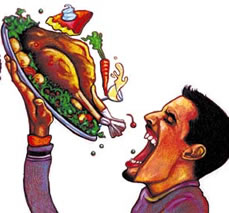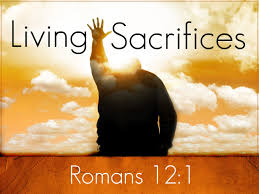Exercise and weight loss
 If you ask beginners why they are exercising, most will likely say to lose weight. However, you do not have to exercise to drop those unwanted pounds. Consider this, 3,500 calories equals one pound, so if you consume 3,500 calories, and don’t burn them, you will likely gain a pound. It does not matter that those 3,500 calories come from healthy foods or junk foods Let’s compare two imaginary people: one attempting to lose weight through exercise alone, and the other through diet alone.
If you ask beginners why they are exercising, most will likely say to lose weight. However, you do not have to exercise to drop those unwanted pounds. Consider this, 3,500 calories equals one pound, so if you consume 3,500 calories, and don’t burn them, you will likely gain a pound. It does not matter that those 3,500 calories come from healthy foods or junk foods Let’s compare two imaginary people: one attempting to lose weight through exercise alone, and the other through diet alone.
The person using exercise alone worked out consistently for 30 days. During each workout session they burned 3500 calories. However, after each workout session, they consumed 3600 calories. At the end of 30 days, this person would have made great strides toward improving their fitness; their weight would have remained the same. It does not matter how much or how hard you exercise, you consume more calories than you burn, you will not lose weight.
The second person lost weight through diet alone. It was determined that their metabolic rate was 2,500 calories. Our metabolic rate is the rate at which our body burns calories. For 30 days, this person did no exercise but consumed 2,000 calories a day. At the end of 30 days, they did not make any improvement toward fitness, but experienced weight loss.
The purpose of exercise is not only to lose weight but to develop, and maintain a level of fitness. If exercise is done in conjunction with an adequate diet and proper nutrition, weight loss and improvements in health will be the end result. Instead of focusing on weight loss, I would suggest that your focus on your body fat percentage. Consider this; if you weigh 190 pounds, and you lose ten pounds of muscle then gain ten pounds of fat, you will still weigh 190 pounds. However, you won’t be as fit.
The imaginary people used in this illustration are in fact imaginary, but the results are real. Try to understand the principles of the illustration.
Jonathan Kelsey



















